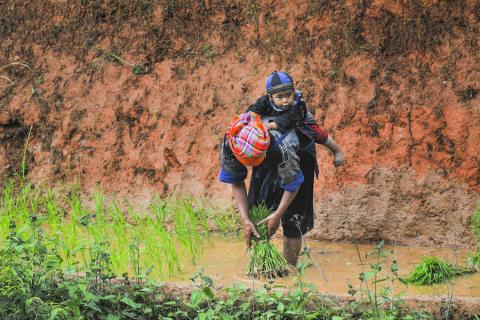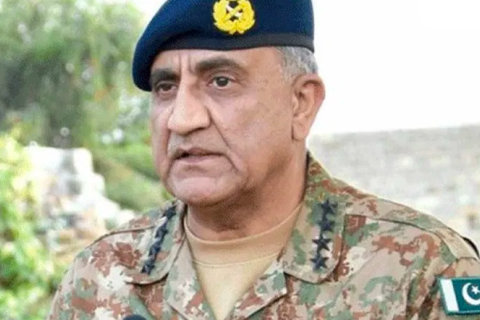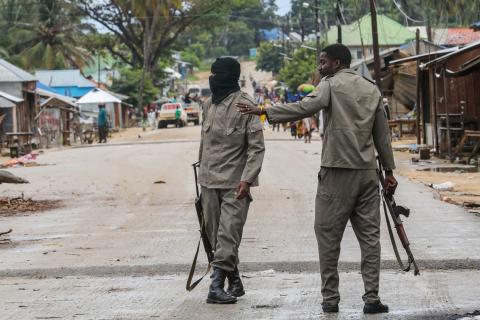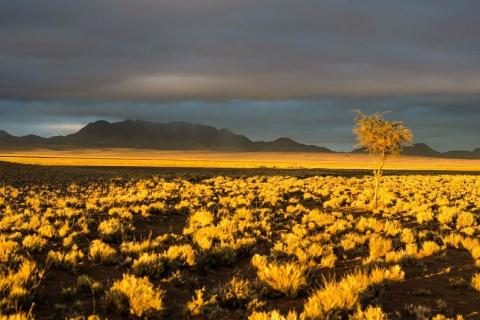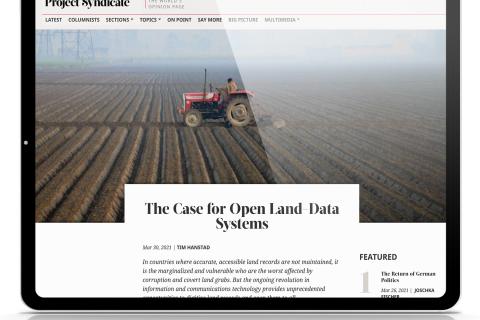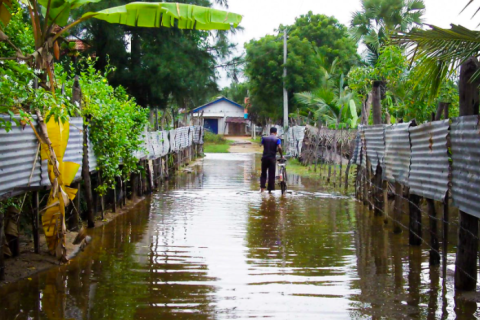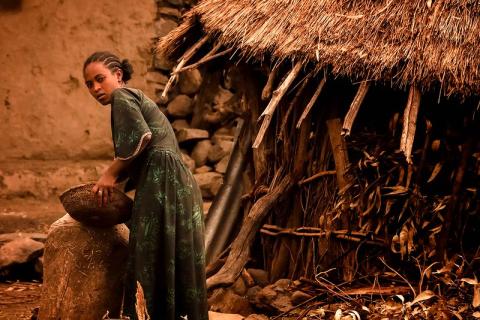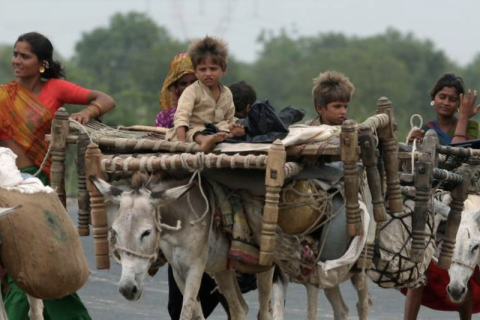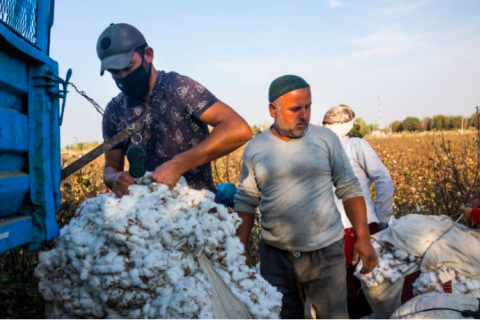Responsible Agricultural Investment in Mekong forest landscapes
The fourth session of the Mekong Land Forum introduced the ASEAN Guidelines on Promoting Responsible Agricultural Investment and identified some of the challenges ahead in implementation. Two companies shared their experiences working with a strong policy in CSR (Corporate Social Responsibility), so that we could consider how company practices can align with the Guidelines.

